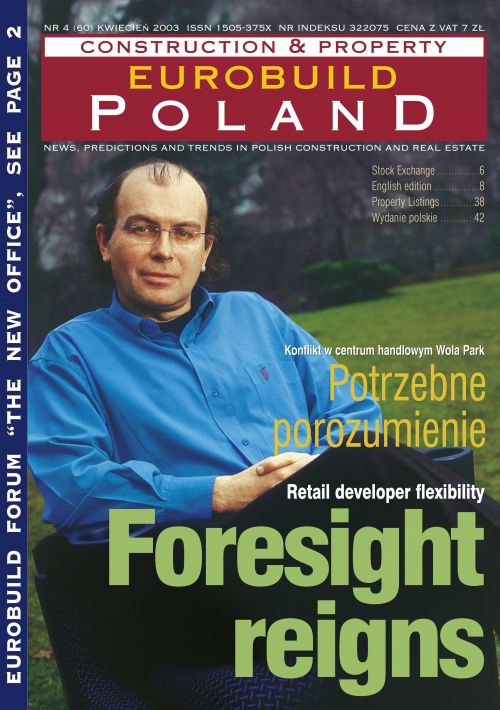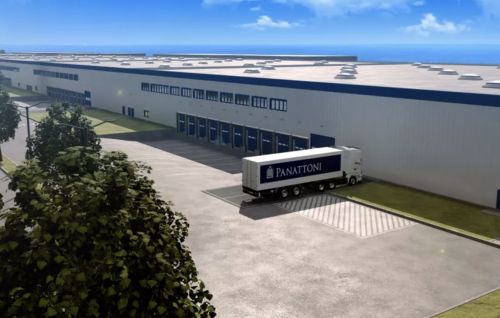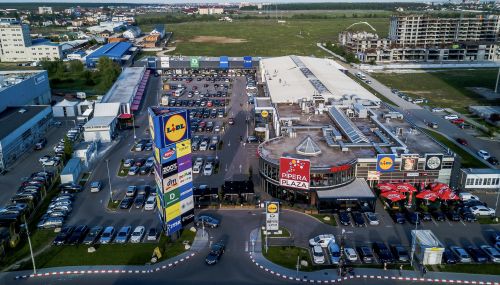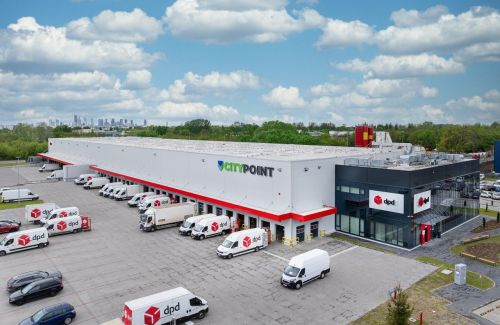Towards the EU with confidence
When Poland finally joins the EU, it will of course open up a number of opportunities for Polish construction firms to win contracts in other member states, something which happens to only a very limited extent at the moment
They will also, on the other hand, have to contend with
increased competition from foreign companies who will be keen to succeed in
tenders here, a new and potentially lucrative market for them.
A number of 'Polish' companies are in fact the offspring of more
well-established firms, originally based in current EU countries. Examples of
these are Hydrobudowa 6, the German Bilfinger Berger's subsidiary here and
Warbud, part of the French Vinci, neither of whom operates outside Poland at the
moment, because their parent companies are actively involved in various
international projects. Bogdan Klukowski, however, Marketing Director of Warbud
says that "this will change when Poland joins the EU and we might gain a
presence in countries such as Germany, the Czech Republic, Slovakia, Lithuania
and France".
Poles the professionals
Gregor Sobish, President of Hydrobudowa 6, states that his company will continue
to work only in Poland but once it joins the EU, he thinks that it will be an
excellent opportunity for Polish construction firms to test their mettle against
western European competition within their native land, which he is convinced
they will do so with aplomb. "Hydrobudowa 6 are just as good a firm, or
even better than those in the West," he says, "because Polish people
are more motivated and professional," something he is even prepared to
declare against his own homeland, Germany.
Poles the sub-contractors
As Poland's largest western European neighbour, Germany is naturally enough, one
of the most likely countries for Polish firms to look to do business in and of
all the pre-accession nations, it is Poland's companies who are the most active
there. As far as Polish construction firms are concerned however, they find that
their energies are constrained by a law, which emerged from a bilateral
agreement between the two countries in 1990, that only permits them to work as
sub-contractors in Germany, which is a less profitable line of work than general
contracting. The European Commission has censured Germany for its position and
"considers this interpretation of the Germany/Poland agreement to be
incompatible with the principle of cross-border freedom to provide services (Article
59 of the EC Treaty) and that the practice represents an obstacle to service
providers not established in Germany".
According to Mostostal Export, a Polish company whose majority shareholder is
Bank Austria, and who do sub-contracting work in Germany, this situation is
exacerbated by the market there which currently leaves "a lot to be desired".
Andrzej Gawrychowski President of the Gdańsk-based Polnord, one of the 'pure'
Polish construction firms hopes that "this issue regarding Polish firms'
activities in Germany, will change after about two years of Poland joining the
EU". If this does happen, we should be able to see how Gregor Sobish's
claim that "Polish companies are very strong and already big players",
stands up to the evidence.






















































